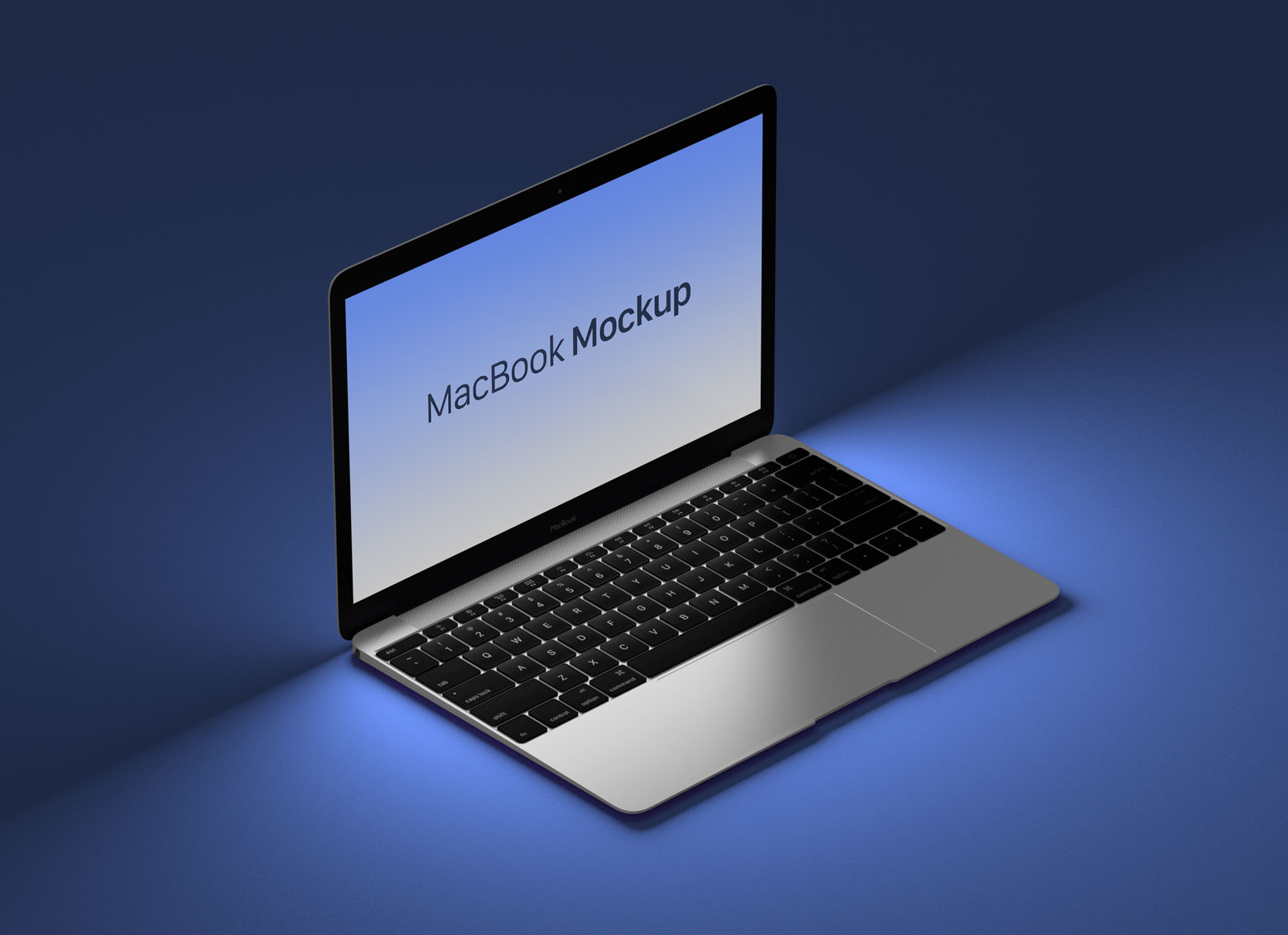Artificial Intelligence (AI) Usage in Career🔮

The rise of artificial intelligence (AI) is reshaping industries, job markets, and the very skills we need to succeed. In 2025 and beyond, professionals across the globe are asking the same crucial question: How do I build a career that can survive — and thrive — in an AI-driven world?
If you’re wondering how to stay relevant and grow professionally in this era of rapid change, this guide is for you.
🚀 What Does “Future-Proof Career” Mean?
A future-proof career is one that adapts and evolves with emerging technologies, stays in demand, and offers growth regardless of automation or disruption. It means developing skills and strategies that keep you ahead — not replaceable.
🧠 1. Embrace Lifelong Learning with Artificial Intelligence (AI)
In the age of Artificial Intelligence (AI), learning can’t stop after graduation.
✅ What to do:
-
Upskill regularly through online platforms (like Coursera, Udemy, or LinkedIn Learning)
-
Take micro-courses on trending topics like data analytics, prompt engineering, or cloud computing
-
Learn how to work with artificial intelligence instead of competing against it
💡 Pro tip: Learning how to use AI tools (e.g., ChatGPT, Notion AI, Jasper, Midjourney) can drastically improve your productivity and marketability.
🛠️ 2. Focus on Human-Centric Skills
While Artificial Intelligence (AI) can handle data and routine tasks, human intelligence still leads in creativity, emotional insight, and ethical reasoning.
In-demand human skills:
-
Critical thinking and problem-solving
-
Emotional intelligence and communication
-
Creativity and innovation
-
Leadership and decision-making
-
Adaptability and resilience
These soft skills are not easily automated — and will remain in high demand.
🖥️ 3. Blend Tech with Your Core Expertise
You don’t need to be a coder to stay relevant — but tech literacy is a must. Combine your field with technology to stay competitive.
Examples:
-
A marketer who understands AI-driven analytics
-
A teacher using adaptive learning software
-
A designer fluent in generative AI tools
-
A lawyer using legal tech for research
The key is integrating AI tools into your profession, not replacing your profession.
📈 4. Build a Personal Brand using Artificial Intelligence (AI)
As automation increases, your online presence becomes your professional signature. A strong personal brand gives you credibility and visibility.
How to build it:
-
Start posting on LinkedIn about your industry and learnings
-
Create a simple personal website or portfolio
-
Share your projects, blogs, or insights regularly
-
Build an audience by offering value — not just a resume
People who build trust and visibility online are often first in line for new opportunities.
🌍 5. Stay Agile and Open to Change
The most future-proof professionals aren’t the ones who know everything — they’re the ones who can learn anything, anytime.
Adopt this mindset:
-
Be willing to pivot roles or industries if needed
-
Follow emerging trends in your sector
-
Network with professionals from tech-forward industries
-
Be comfortable using AI in daily workflows
Agility is the new job security.
🎓 Bonus Tip: Explore Artificial Intelligence (AI)-Resistant Career Paths
Some careers will remain stable or even grow because they leverage human judgment, empathy, or creativity. These include:
-
Healthcare and mental health
-
Education and coaching
-
Research and development
-
Arts, media, and storytelling
-
Strategy and high-level consulting
You can always pair these with AI to scale your impact.
🧩 Final Thoughts about Building a Career with Artificial Intelligence (AI)
Building a future-proof career in the age of artificial intelligence is about evolution, not fear. Stay curious, develop human-centric and digital skills, and embrace the power of AI as your ally—not your enemy.
The future of work is here—and those who prepare will not just survive but lead.



